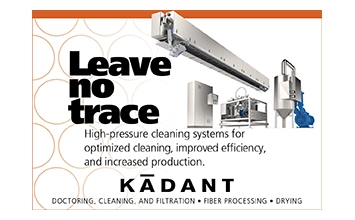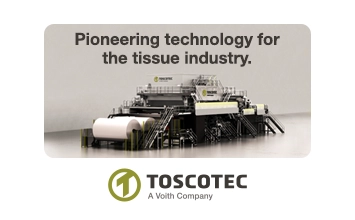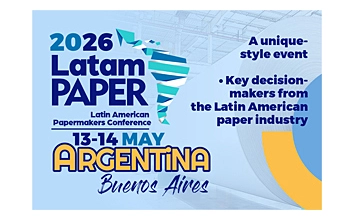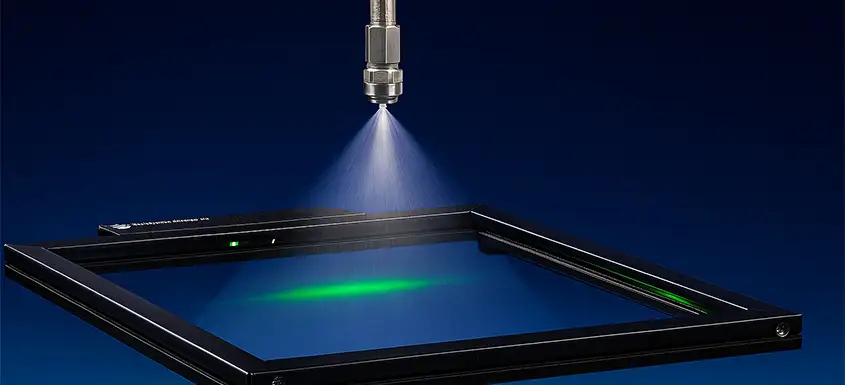Tetra Pak has reported a 25% reduction in greenhouse gas (GHG) emissions across its value chain and a 54% cut in emissions from its own operations since 2019, according to its newly released 2024 Sustainability Report.
The progress keeps the company on track to reach net-zero emissions in its operations by 2030, with a long-term goal of net-zero across the full value chain by 2050.
In 2024, 94% of the company’s operations ran on renewable energy. Tetra Pak also helped customers reduce their own emissions through energy-efficient equipment like the new Tubular Heat Exchanger, which cuts electricity use by up to 40%.
CEO Adolfo Orive emphasized the need to balance rising global food demand with lower environmental impact: “We are driving more secure and sustainable food systems while mitigating climate impacts.”
Key highlights include:
-
A 13% year-on-year drop in GHG emissions from delivered ambient dairy lines
-
Support for 66 million children in 49 countries through school feeding programs
-
€100 million invested in R&D for low-impact packaging innovations
-
The launch of the Approach to Nature framework, targeting biodiversity and water security
-
Direct support to 84,000 smallholder dairy farmers globally
Tetra Pak’s full FY24 Sustainability Report is now available online, outlining its collaborative work with customers, suppliers, and communities to transform the food and beverage industry.
Tetra Pak is a leading global provider of food processing and packaging solutions, headquartered in Lausanne, Switzerland. Operating in more than 160 countries and with over 24,000 employees, the company is committed to making food safe and available everywhere while reducing environmental impact. Through innovation and collaboration, Tetra Pak advances sustainable packaging, decarbonisation, and circular economy initiatives across the food value chain.























































